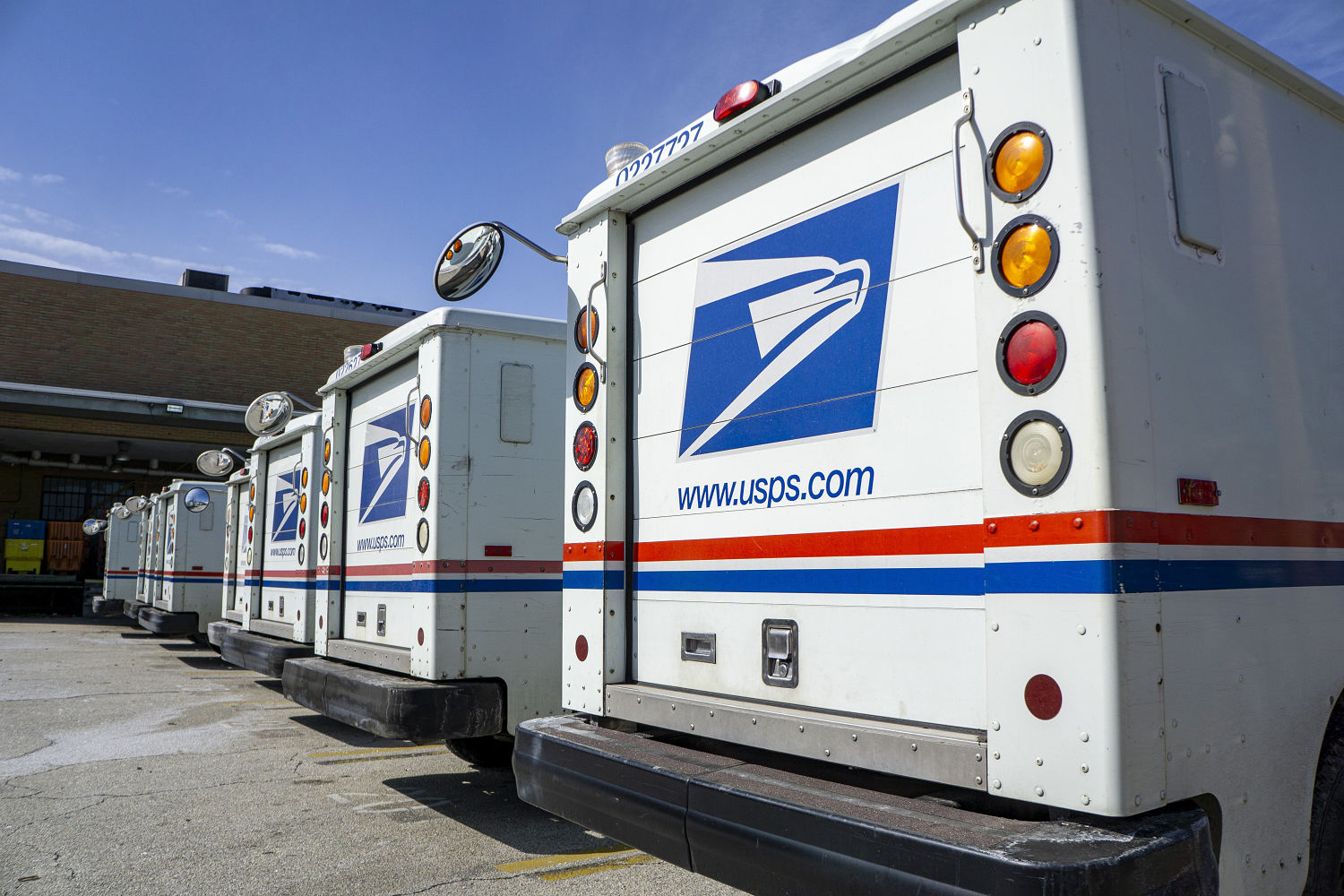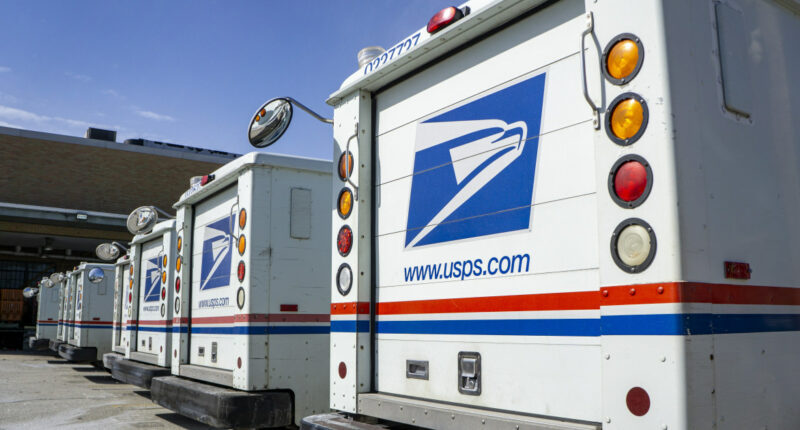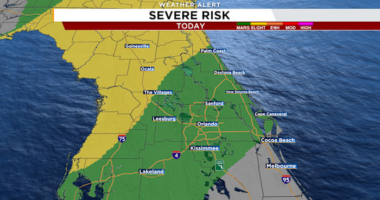Share this @internewscast.com

LONDON — International postal services are ceasing shipments to the United States this week due to rising confusion surrounding the new import duties effective Friday.
Last month, President Donald Trump signed an executive order eliminating the trade exemption called “de minimis,” which had permitted goods valued up to $800 to enter the U.S. without duties since 2016.
The end of the exemption is being extended worldwide after the loophole was closed in May for packages from mainland China and Hong Kong.
Under the revised regulations, personal gifts below $100 will still be exempt from duties, but any other packages will incur the same tariffs as regular imports from their respective countries.
The planned policy shift, which operators say lacks clear procedures, has raised concerns about backlogs as services are put on hold.
Postal operators in countries like Belgium, Denmark, and New Zealand are among those who have paused U.S. parcel shipments until they can adapt their systems to the new requirements. Shipments of letters and documents are largely unaffected.
Services in Germany, France, Britain and India have announced they will follow suit in the coming days.
France’s postal service, La Poste, remarked that the U.S. did not provide adequate information or time for new customs processes. New Zealand’s postal service announced that parcel deliveries to U.S. states and territories are “temporarily unavailable until further notice” while they update their systems to align with the new U.S. customs rules.
DHL, one of the major global courier firms, stated that from Monday it will discontinue receiving parcels containing goods from business clients bound for the U.S.
The company cited unresolved “key questions” about the process, including “how and by whom customs duties will be collected in the future, what additional data will be required, and how the data transmission to the U.S. Customs and Border Protection will be carried out.”
DHL will, however, continue to deliver private parcels labeled as gifts valued under $100, in line with White House assurances.
The White House said ending the duty-free exemption would help combat “escalating deceptive shipping practices, illegal material, and duty circumvention,” claiming some shippers had “abused” the exemption to send illicit drugs such as fentanyl into the U.S.
It said the number of de minimis parcels jumped from 134 million in 2015 to more than 1.36 billion in 2024 as shippers “deceptively exploit the de minimis privilege in an effort to evade duties, inspection, and U.S. law.”
Most of those packages came from mainland China and Hong Kong, which the Trump administration initially targeted as part of efforts to curb American shoppers from ordering low-value goods from China-linked retailers such as Temu and Shein.
The White House briefly closed the loophole for mainland China and Hong Kong in February, but quickly extended the deadline to May 2 amid confusion over how the new duties would be collected.











